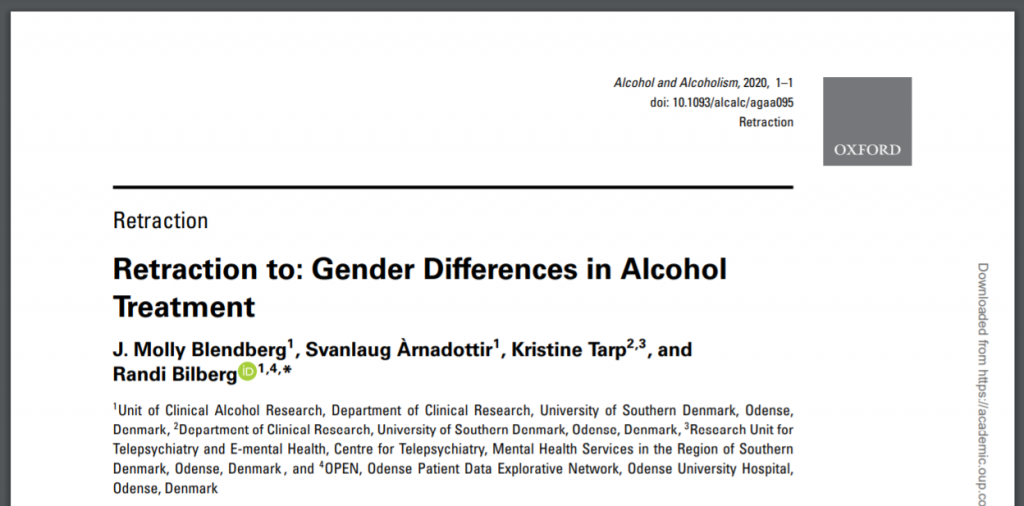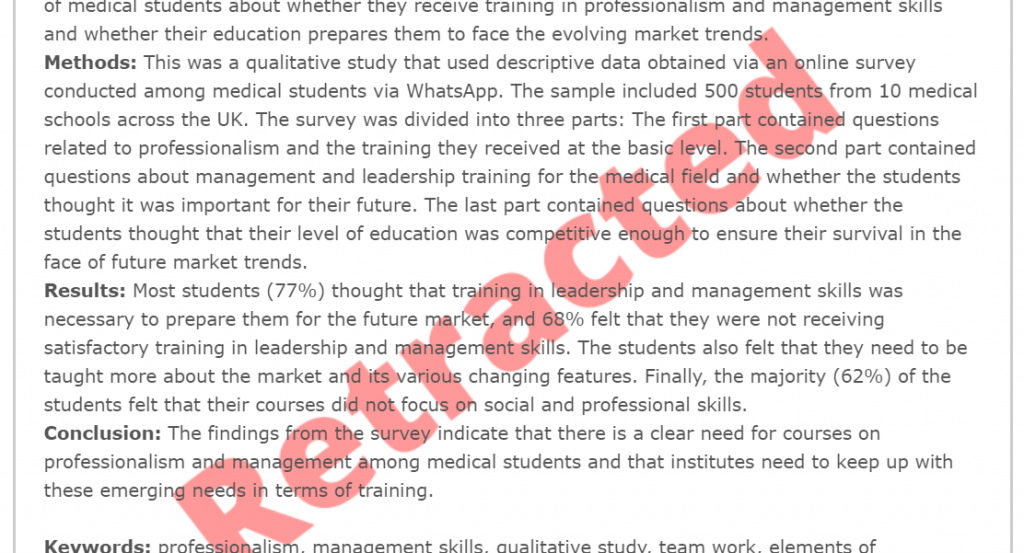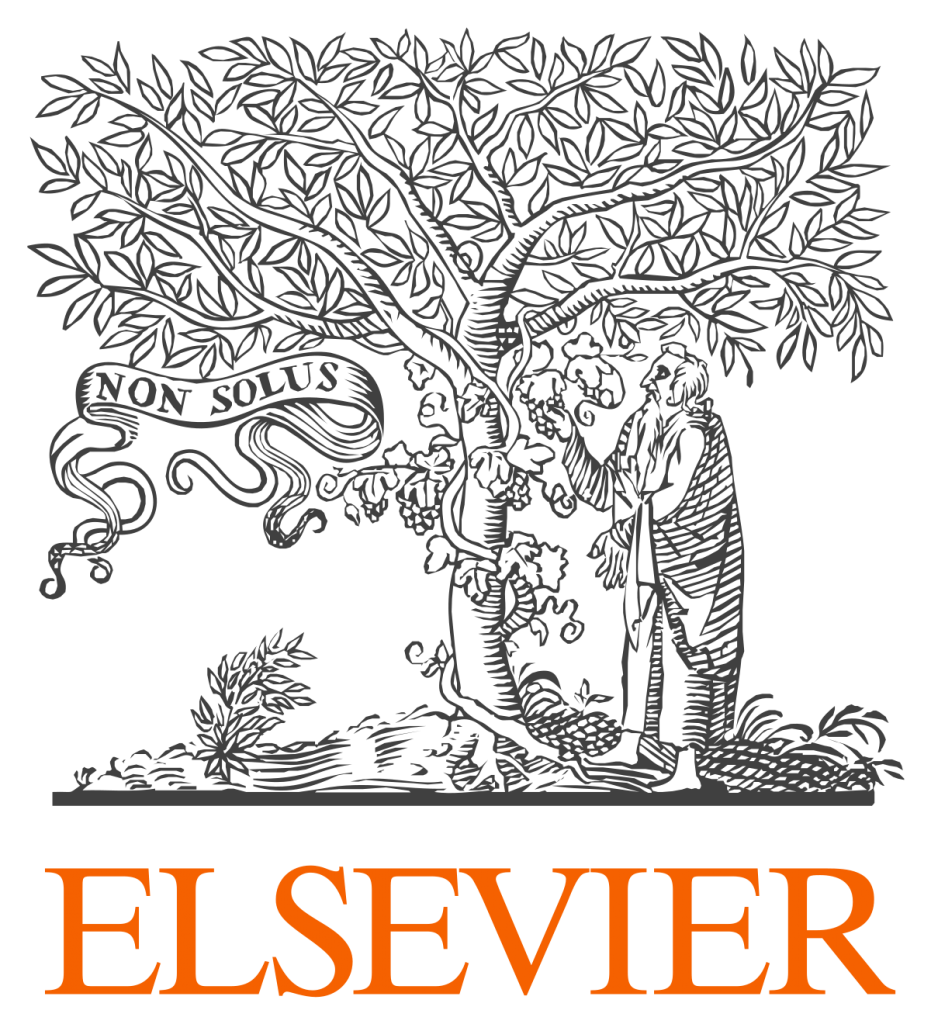
A group of veterinary researchers at the University of California, Davis, has received an expression of concern for their May 2020 study on heart disease in dogs, for failing to adequately disclose conflicts of interest and for other aspects of the article.
The paper, “Development of plasma and whole blood taurine reference ranges and identification of dietary features associated with taurine deficiency and dilated cardiomyopathy in golden retrievers: A prospective, observational study,” appeared in PLOS ONE. The authors, from the lab of Joshua A. Stern, looked at the effects on the animals of “non-traditional” diets — those high in legumes but low in grains, which contain taurine, a key amino acid. Golden retrievers are known to be particularly vulnerable to cardiac problems associated with a lack of taurine. The FDA has been investigating the connection.
According to the authors:
Continue reading PLOS ONE issues expression of concern for study of dog food and heart problems for failure to disclose conflicts of interest, other issues






